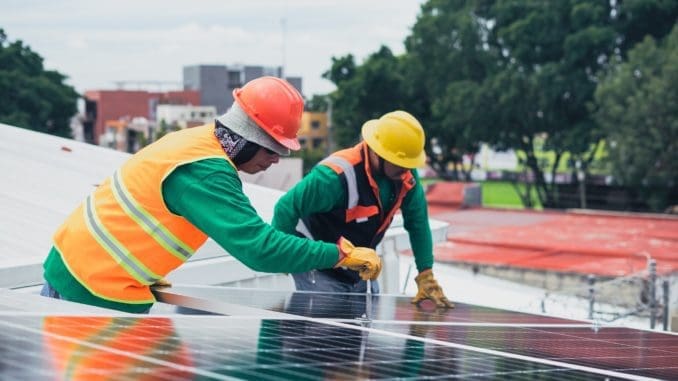
Solar energy is a clean, sustainable, and efficient power source that is gaining popularity worldwide. Understanding the benefits and workings of solar energy can help you make informed decisions about adopting this eco-friendly solution for your home or business. If you’re considering investing in solar panels, seeking professional solar panel installation services can ensure a seamless and efficient setup. Check out this insightful article to learn more about solar energy and its advantages.
When you look at the average cost of utility bills for a single-family home in the U.S., you’ll quickly see why people are turning to solar energy. The idea of this form of renewable energy has been around for a while, but the high cost of setup and maintenance has made it out of reach for the average homeowner.
Fortunately, those days are long gone.
The initial cost for solar panels can seem high to some, but when you consider what you’ll save in terms of charge over the long term, that cost is quickly eaten up.
Are you interested in learning more about solar energy and whether it is your right choice? If so, read on for five things you should know about it. You may also check out Solar Chat, an information website discussing solar power.
Benefits of Solar Energy
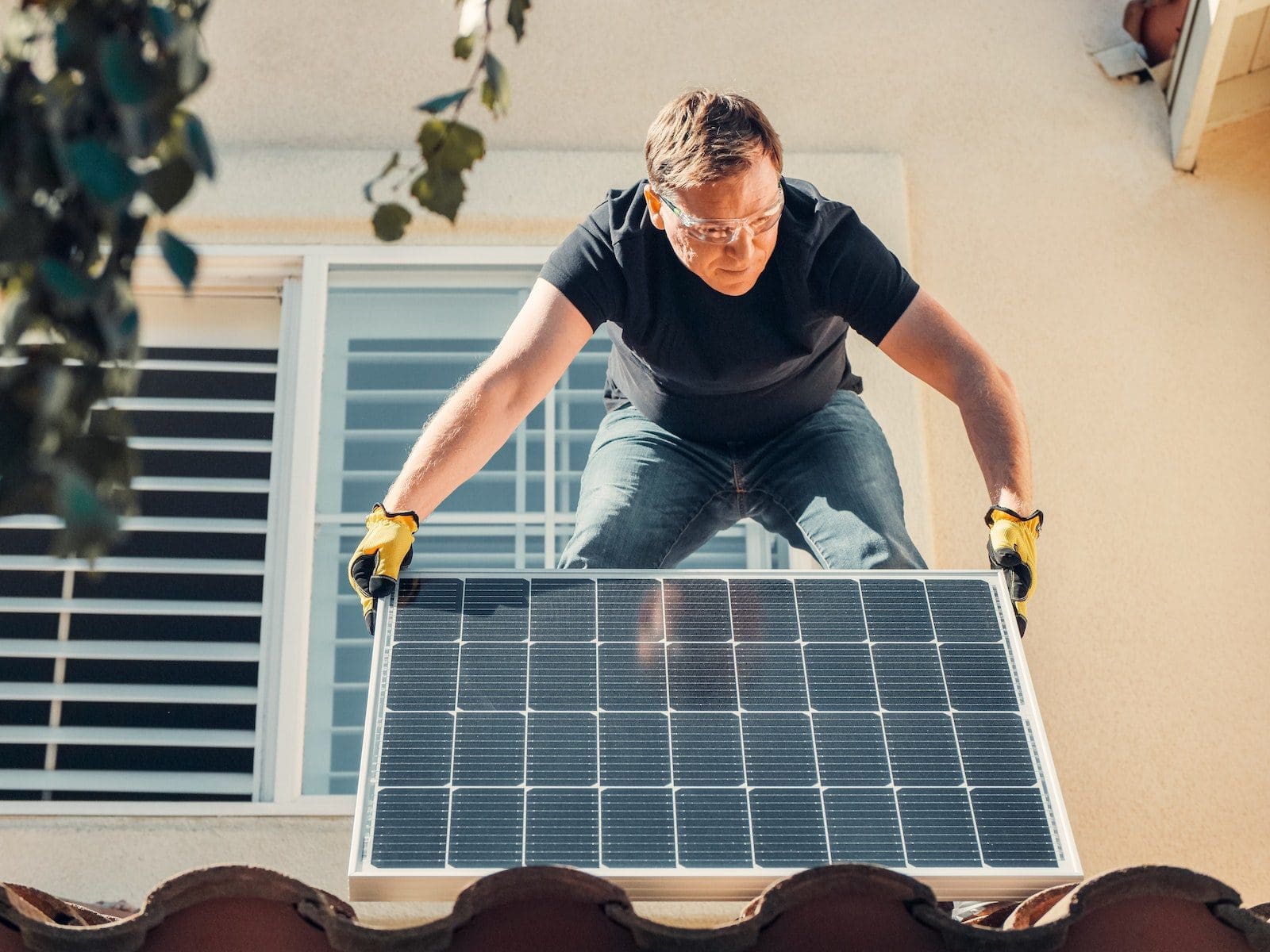 Solar energy is a type of renewable energy that is good for the environment and can be used by installing solar panels. Solar has a lot of benefits, and they are becoming more evident as technology keeps improving.
Solar energy is a type of renewable energy that is good for the environment and can be used by installing solar panels. Solar has a lot of benefits, and they are becoming more evident as technology keeps improving.
First, solar energy is a reliable power source because it comes from the sun’s energy. It is also a cheap energy source because it doesn’t need fuel or any other energy to work.
Solar power is also renewable, which means it will never run out. Lastly, solar energy causes almost no pollution, making it a very sustainable way to get energy.
Solar Technology Options
Solar technology options vary, and they all come with advantages and disadvantages. The most common options are solar panels (photovoltaic), solar collectors, solar thermal energy, and solar concentrators.
Photovoltaic Solar Panels
Photovoltaic solar panels are made from silicon, which act as a semiconductor, allowing sunlight to be converted into an electrical current. This electrical current can be used for various applications, from running appliances to powering entire homes and businesses.
Solar Collectors
Solar collectors absorb heat from the sun to provide usable energy for your home. Two types of solar collectors are commonly used: flat plate and evacuated tube collectors.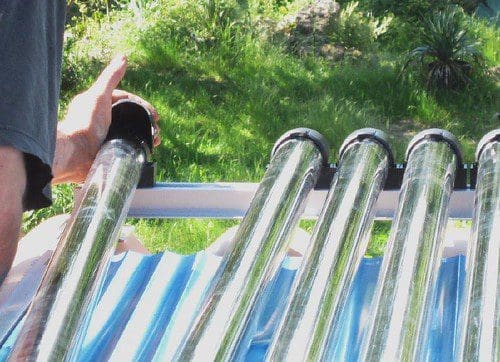
Flat plate collectors consist of a black absorber plate that collects the sun’s energy and transfers it to a liquid, usually water. On the other hand, evacuated tube collectors consist of numerous glass tubes filled with a liquid that absorbs and transfers the sun’s energy.
Solar Thermal Energy
Solar thermal energy uses the sun’s rays to heat fluids, typically water. This technology can be used for heating and cooling in residential and commercial buildings. The most effective solar thermal systems use evacuated tube collectors, which are highly efficient and capable of producing energy in various climates.
Solar Concentrators
Solar concentrators use lenses and heliostats to focus the sun’s light onto a single focal point, efficiently heating fluids or mirrors. Solar concentrators are cost-effective and can provide up to 95% of the average household’s energy needs.
Costs and Tax Incentives
You should know a few things to realize the total cost and tax incentive benefits. Firstly, the costs of solar can be reduced through federal and state tax incentives.
The federal government currently offers tax credits of up to thirty percent of the total cost of the system installation. Meanwhile, many state and local governments offer incentive structures that reduce costs.
The net investment tax credit also benefits taxpayers who invest in solar energy systems. This can amount to a ten percent return on system cost.
Lastly, don’t forget to factor in long-term savings. These include potential selling points to potential buyers, reduced energy expenses, and decreased maintenance and repair time.
Installation and Maintenance Considerations
There are several factors to consider when installing a solar energy system. It is essential to choose an installer who is certified and experienced as they can ensure the system is installed correctly and safely. Click for more information here if you want the best solar installation provider.
Additionally, certain regions may require specific load calculations and paperwork to be completed. The installer must also consider the requirements of local building codes and permits.
Once the installation is complete, proper maintenance is just as essential as it can help ensure a safe and effective system. Routine inspections can save money in the long run by identifying potential issues before they become a problem. Other maintenance items include cleaning the panels, checking for corrosion, inspecting the wiring and panel connections, and ensuring the grounding systems function properly.
Understanding solar energy involves not only the benefits but also the maintenance required. For those who already have systems installed, solar repair services are crucial to keep everything functioning efficiently. Regular maintenance and prompt repairs ensure that your solar panels continue to provide optimal energy output, maximizing your investment in renewable energy.
Impact on the Environment
Using solar energy can significantly impact the environment in many positive ways. Solar energy is a clean and renewable resource that does not generate air, water, or land pollution.
Solar energy does not emit carbon dioxide or other greenhouse gases, reducing its environmental impact. Solar energy can also reduce our reliance on fossil fuels and other unsustainable energy sources, helping reduce our environmental impact.
Additionally, solar energy is highly efficient and inexpensive to maintain, meaning it can generate a significant amount of energy at a relatively low cost. Finally, it requires no water for cooling the system, conserving scarce fresh water for other uses.
Switch to Solar Today!
Solar energy is an excellent, renewable resource that opens up possibilities. With its limitless potential, it is essential to understand the basics of solar energy and how it works.
We hope this article has given you a good understanding of solar energy and how it can benefit you. If you’re interested in exploring solar energy options, contact a trusted professional today to discuss your options.
What are you waiting for? Go solar today and take advantage of all the solar energy offers.
If you found this article helpful, check out our site’s rest. We have helpful blog posts and articles that can provide you with the necessary information.

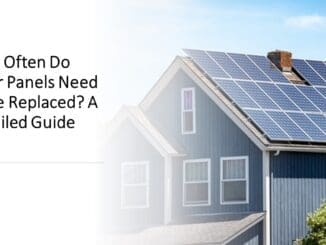
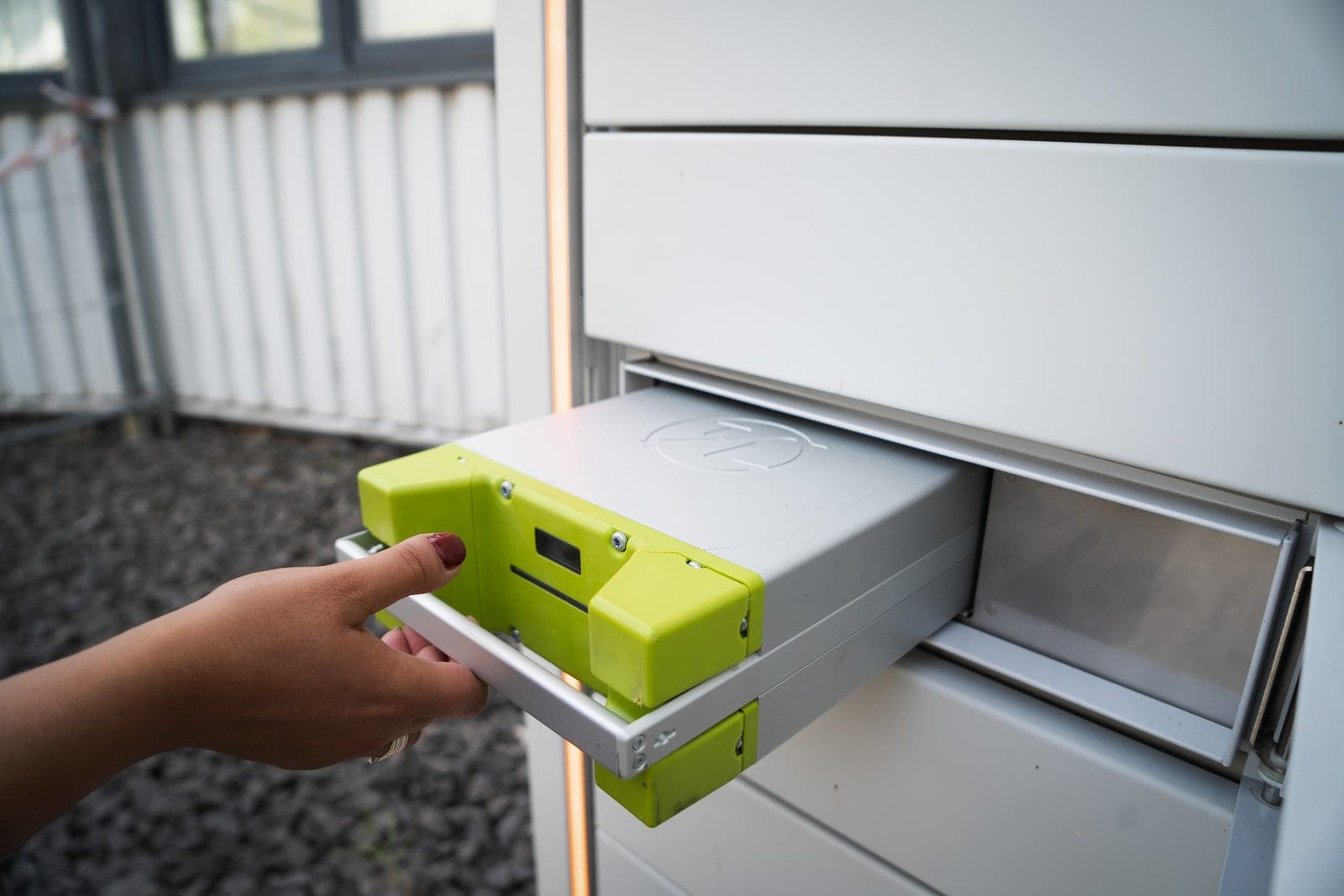

Be the first to comment